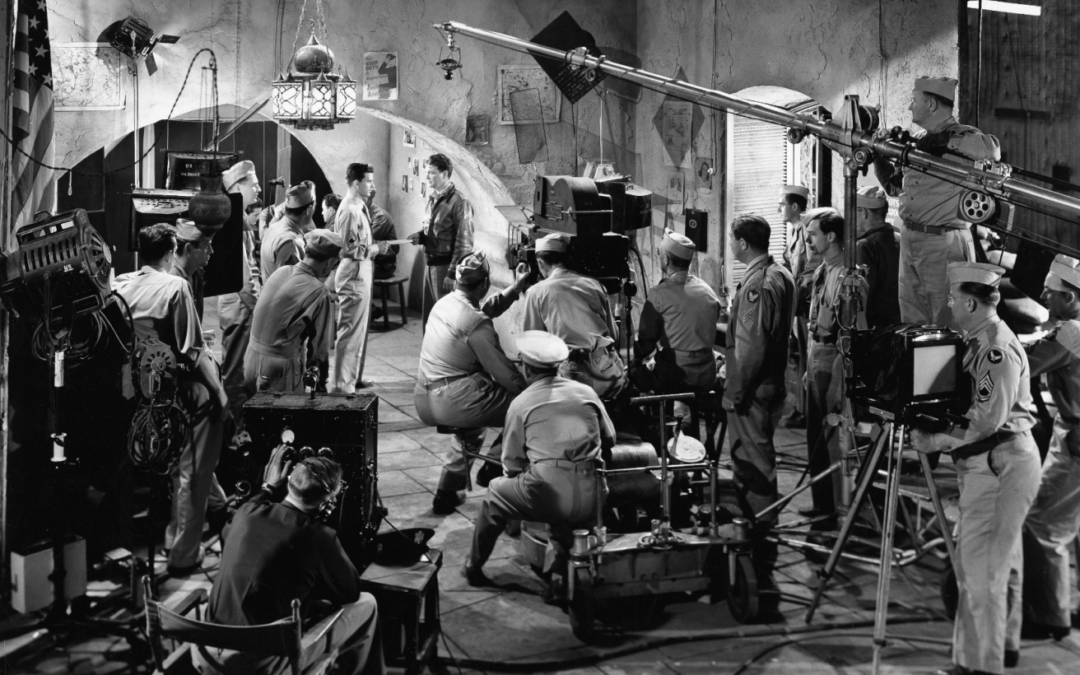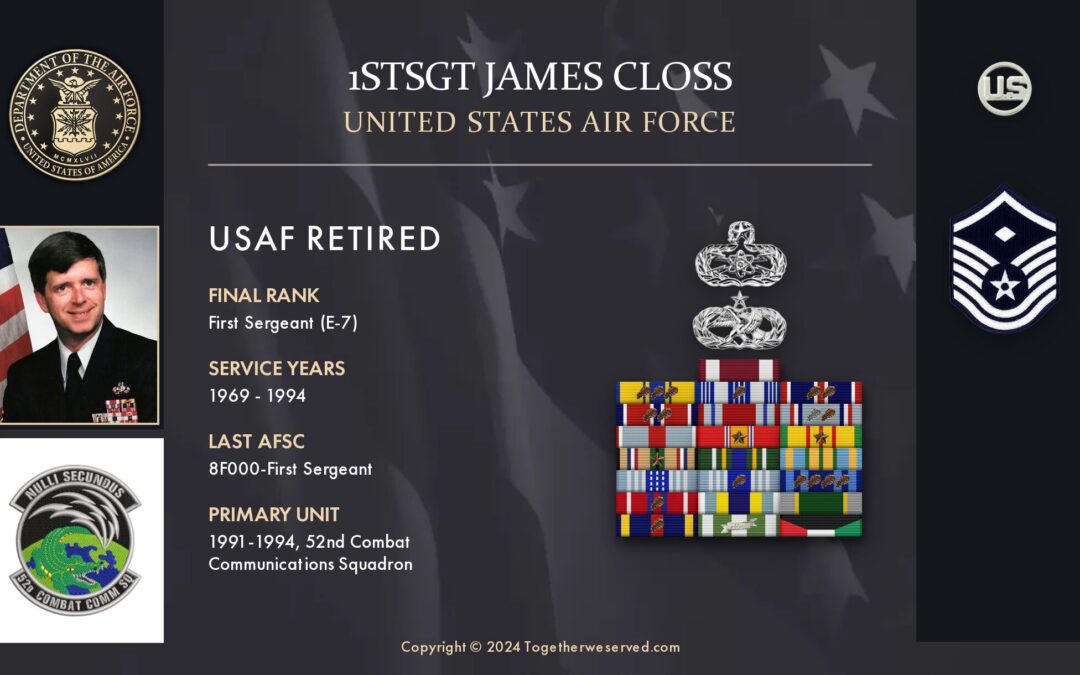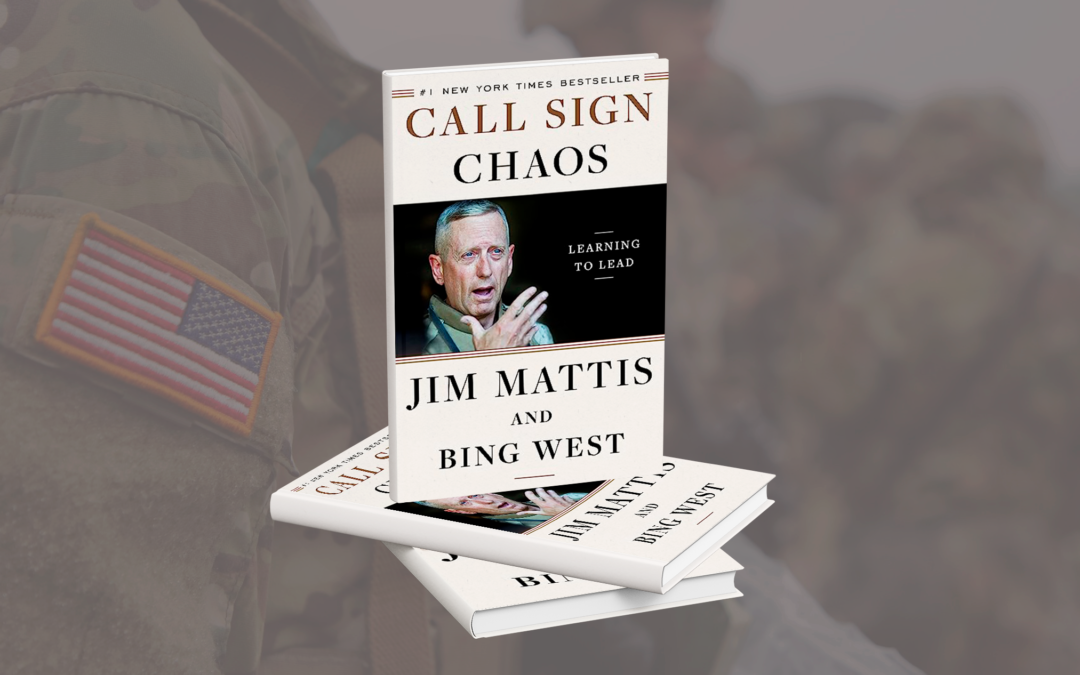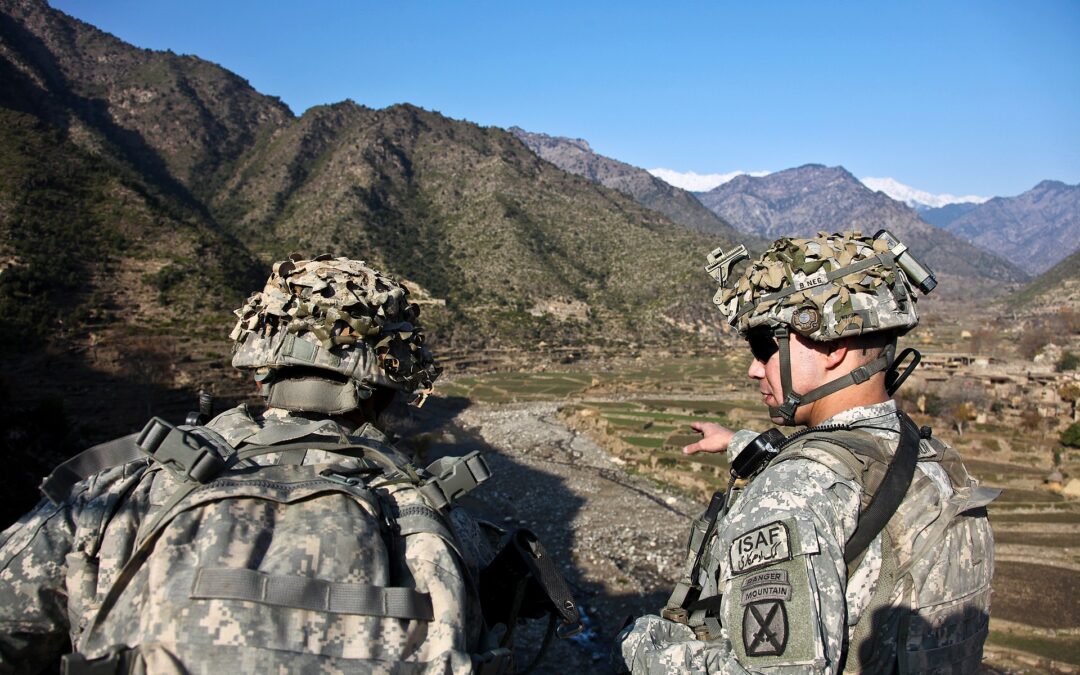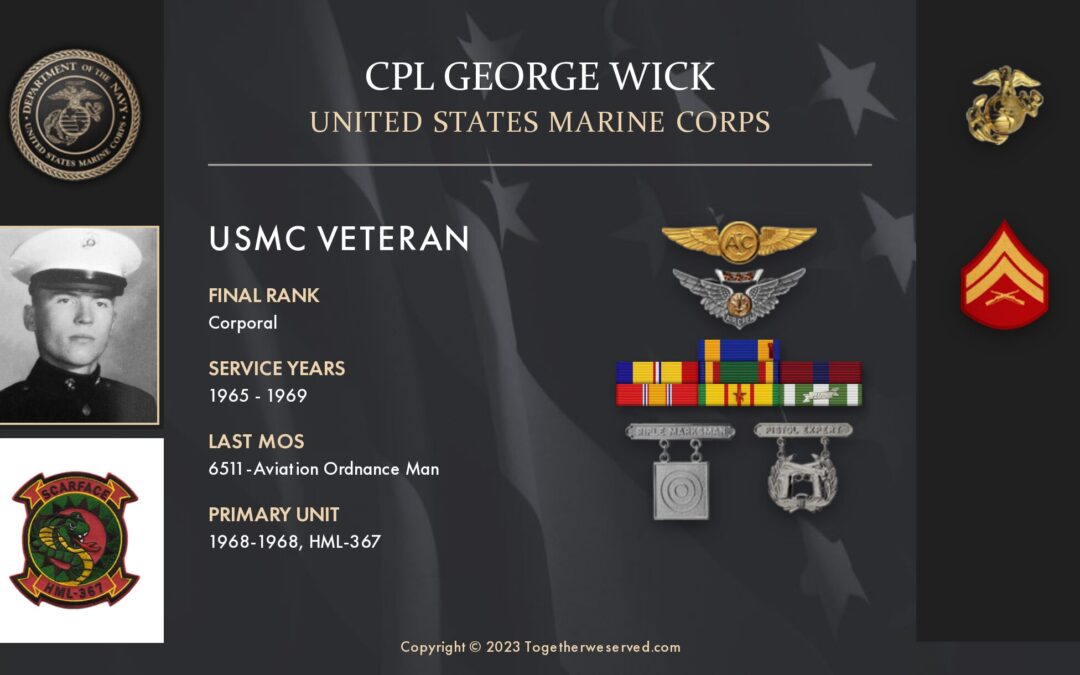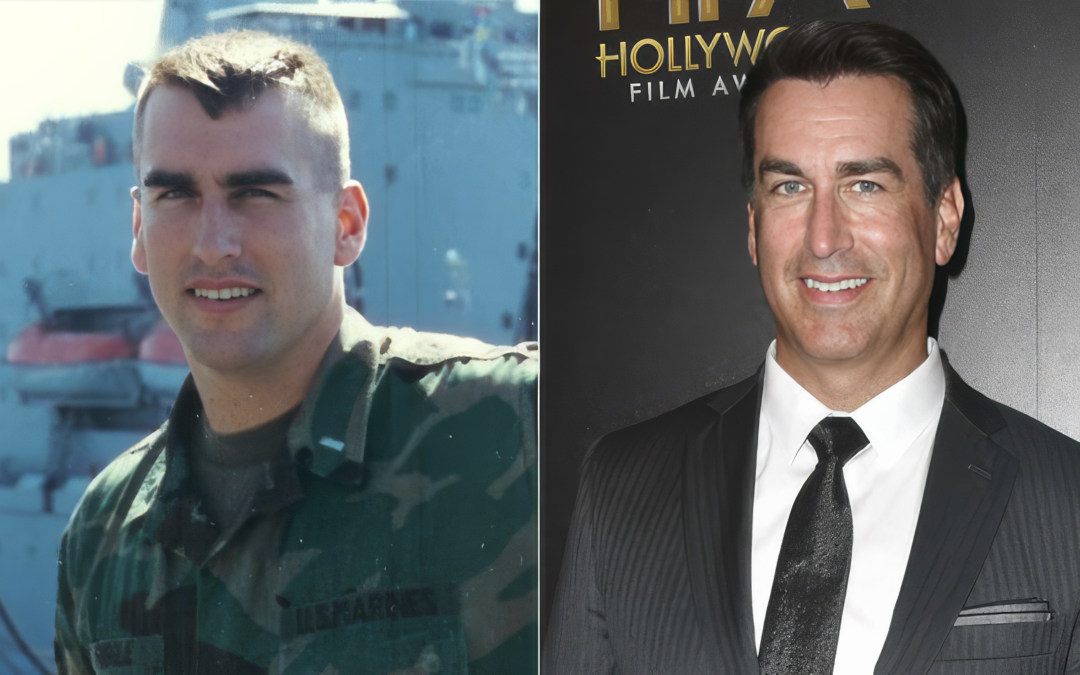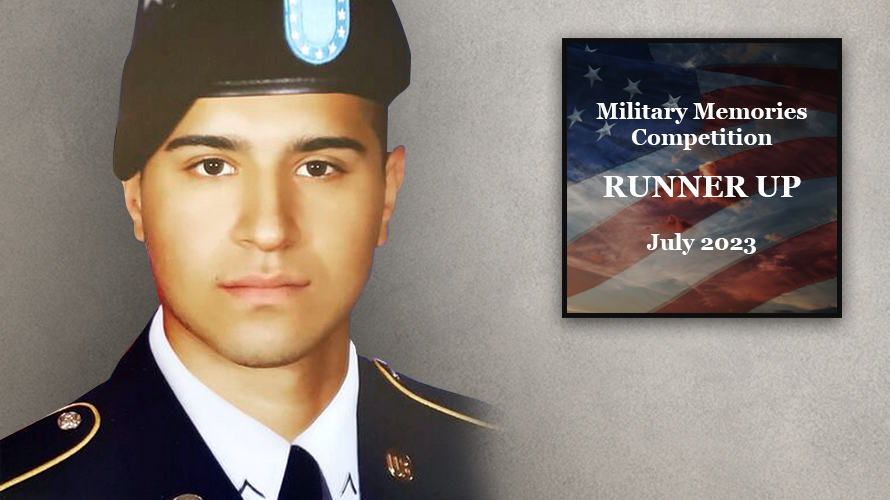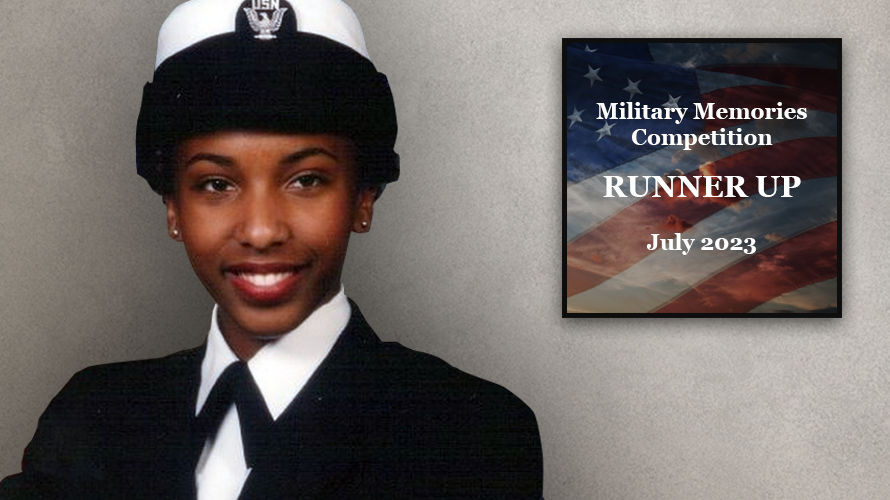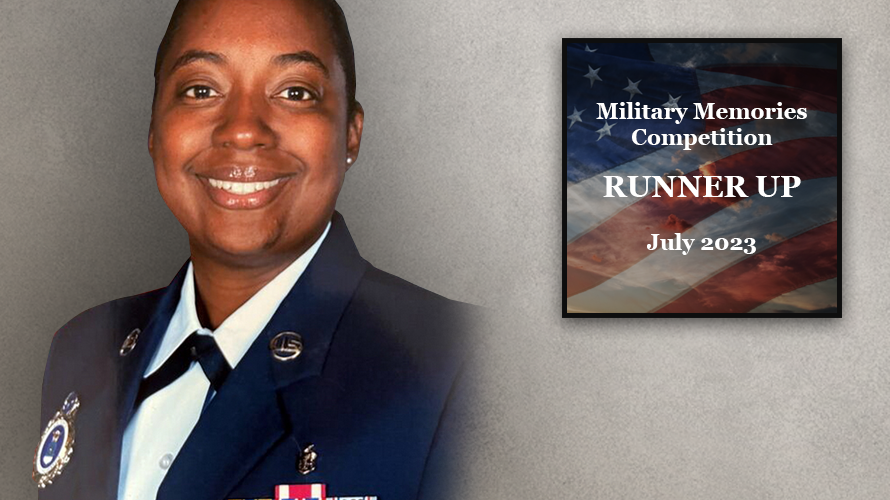Constituted from the 18th AAF Base Unit, the designated 1st Motion Picture Unit was an independent Army Air Force film production outfit, creating between three and four hundred films in three years. They were assigned to produce propaganda, instructional, animation, historical, combat, and morale-boosting materials for military and civilian consumption in support of the WWII effort: 1st Motion Picture Unit: Formation and Operations "… in December 1941, the Air Corps was a part of the Army, and motion picture production was the responsibility of the Army Signal Corps. USAAF Commanding General "Hap" Arnold believed that forming an independent film entity would help the Air Service gain its independence. At a meeting in March 1942, General Arnold commissioned Warner Bros. head Jack L. Warner, producer Hal Wallis and scriptwriter Owen Crump to create the unit. Warner was made Lieutenant Colonel and Crump a Captain, but Wallis, who was then in production with Casablanca, did not accept...
